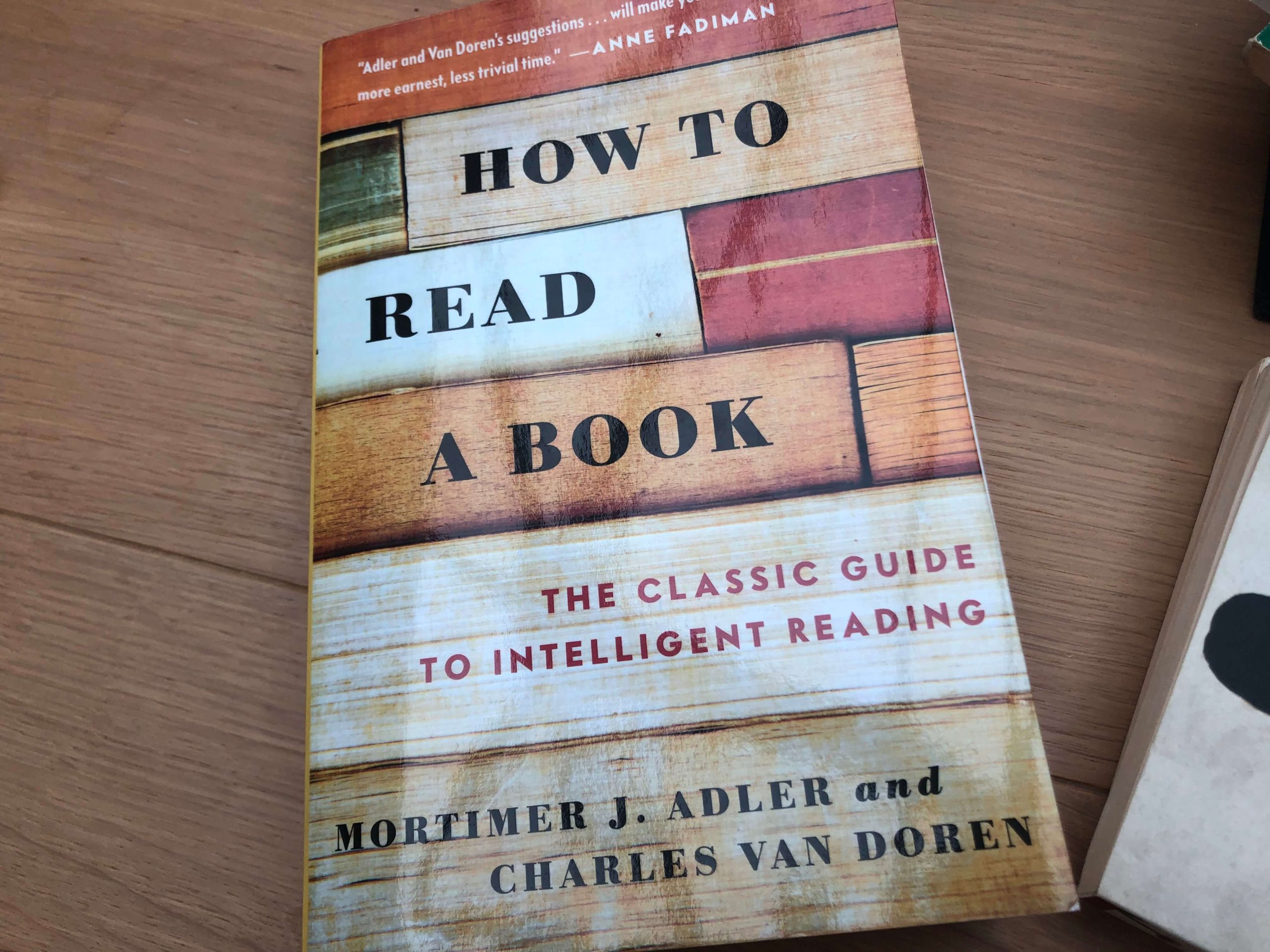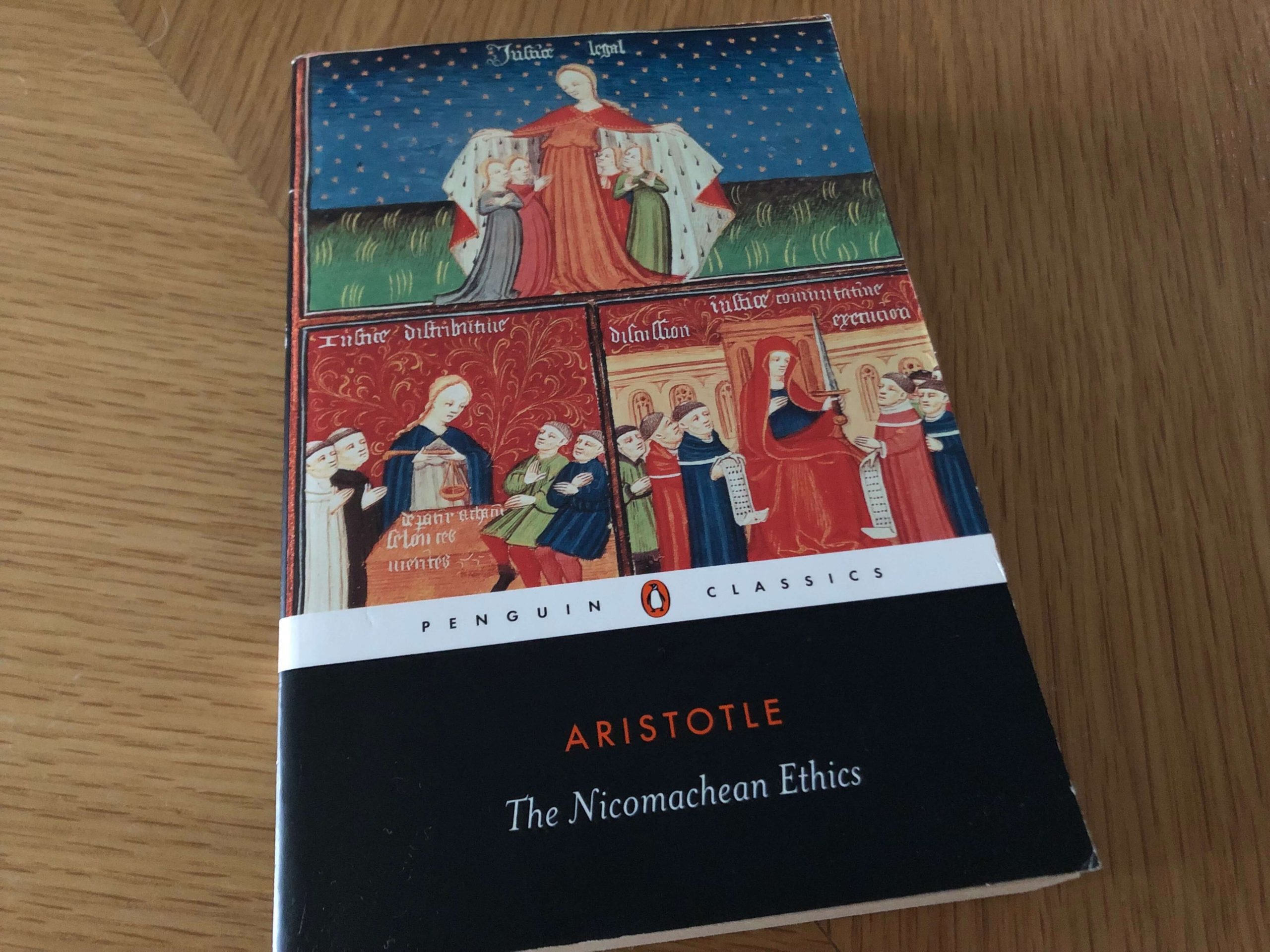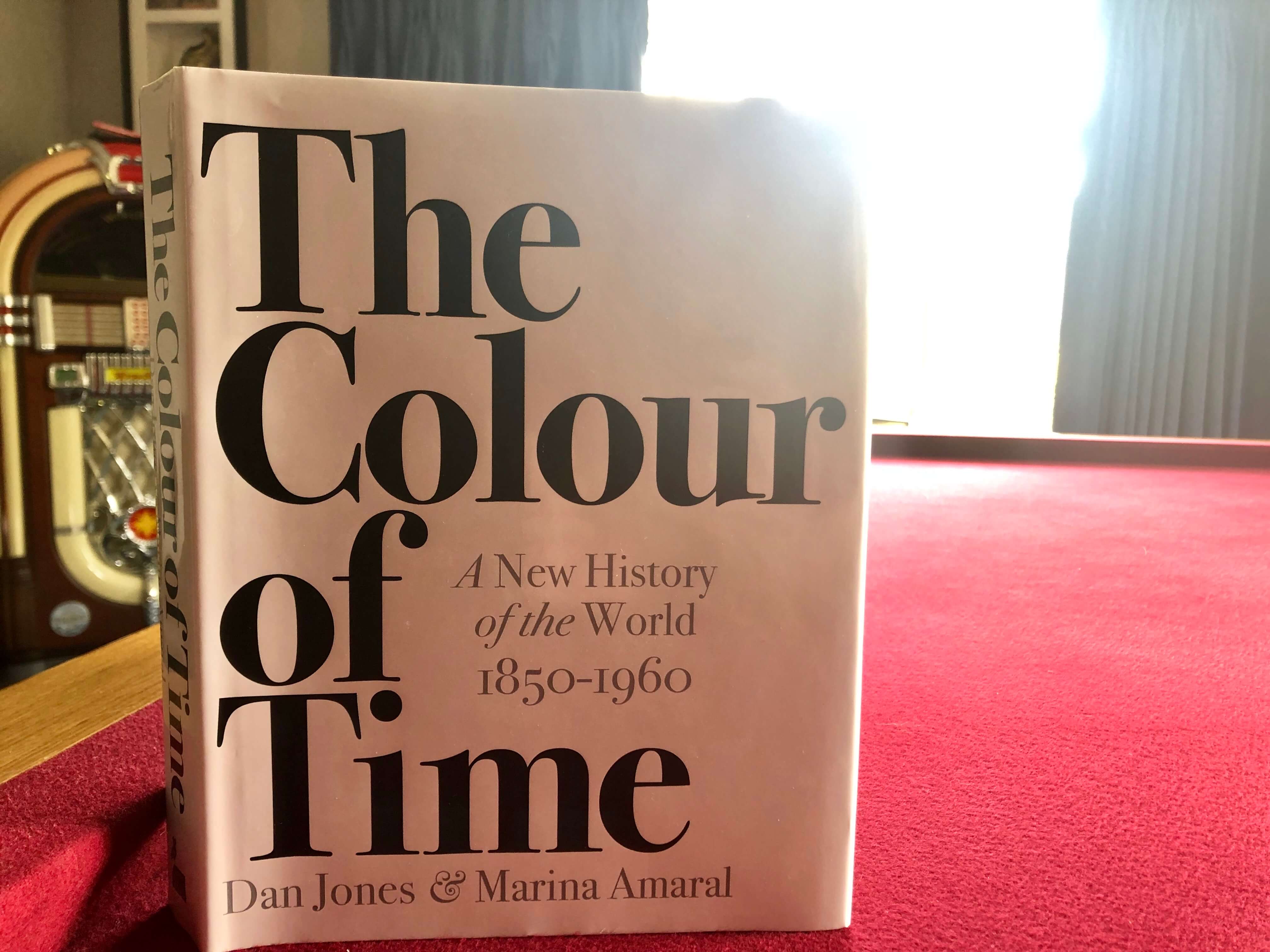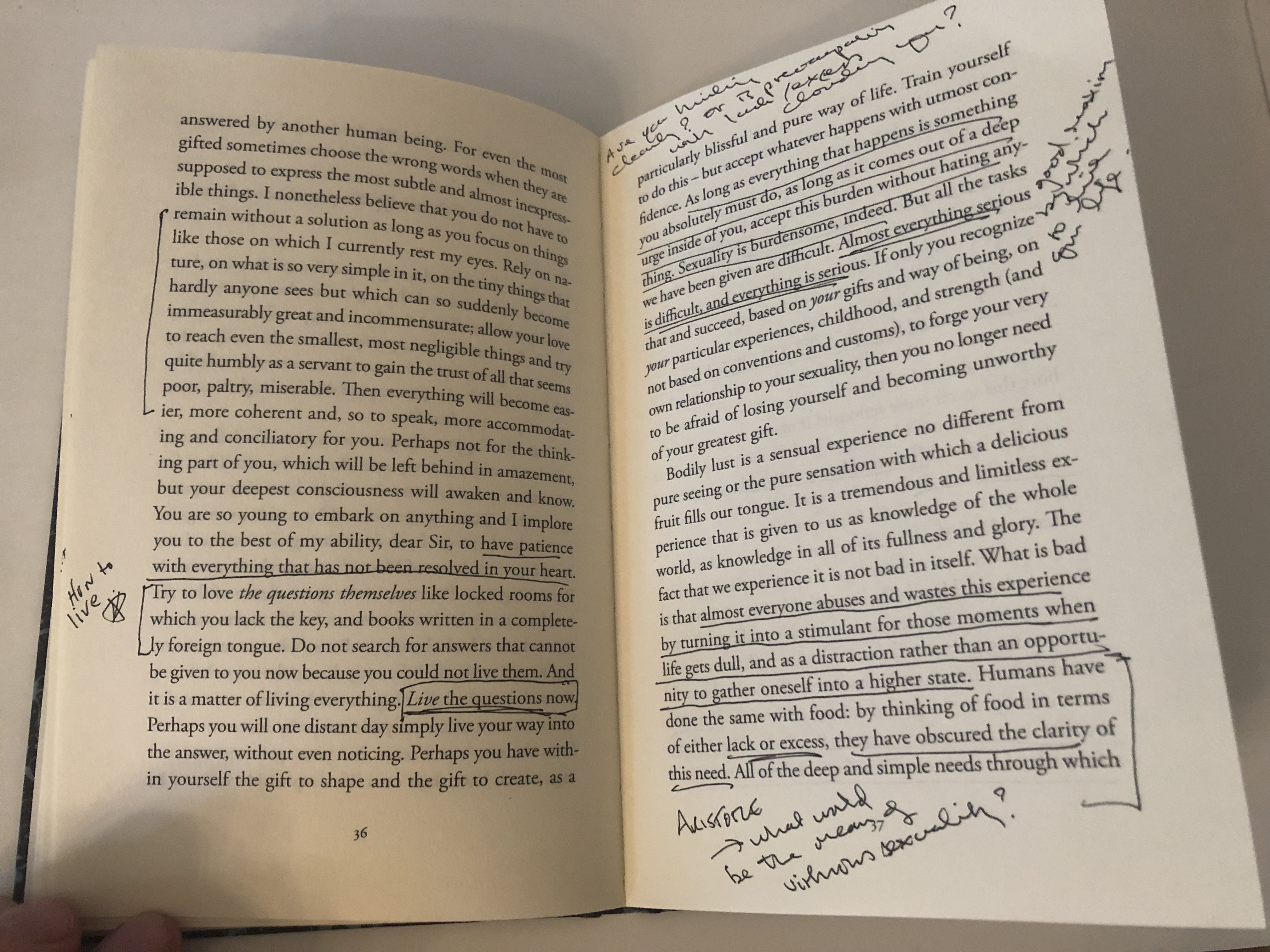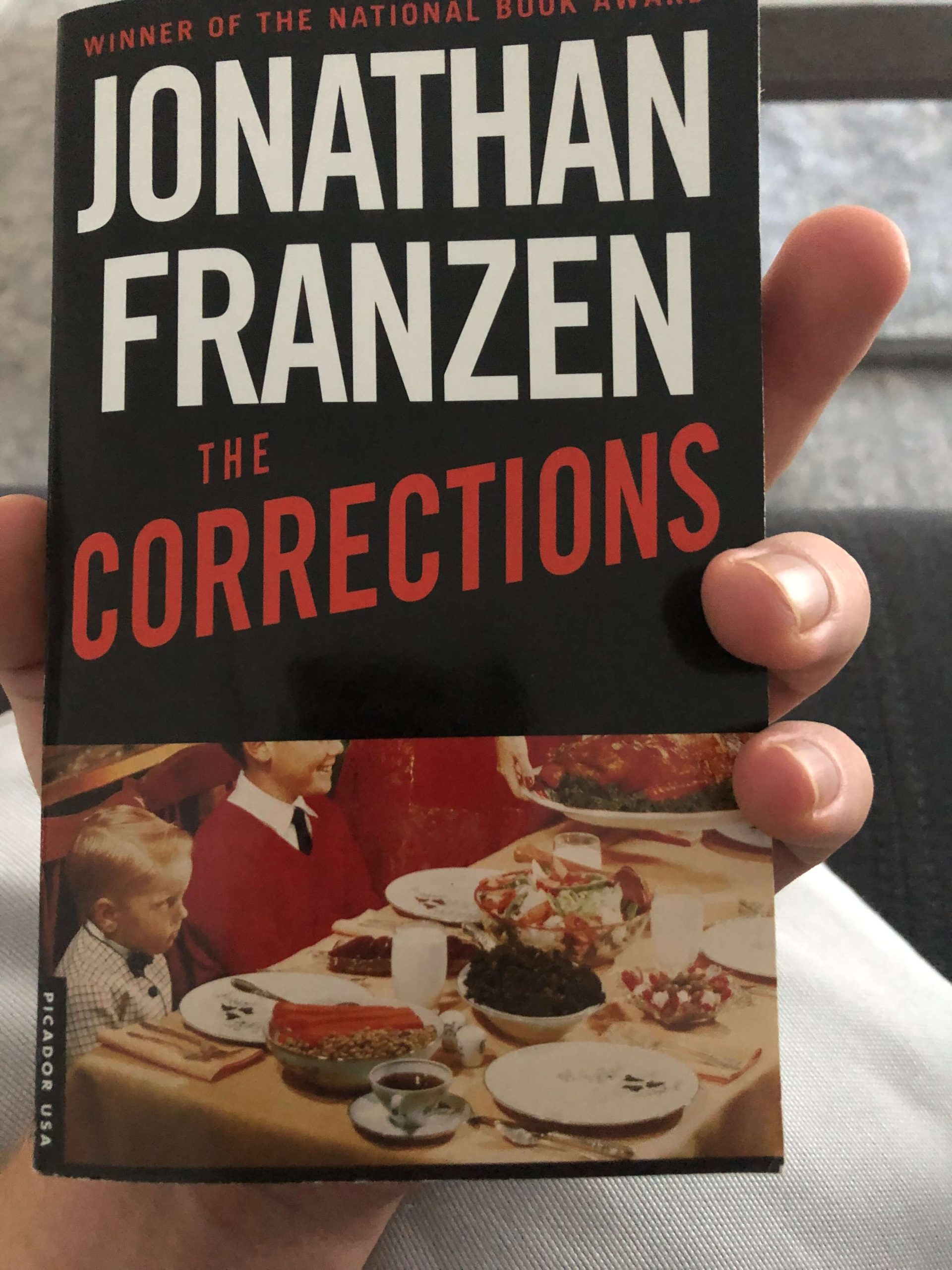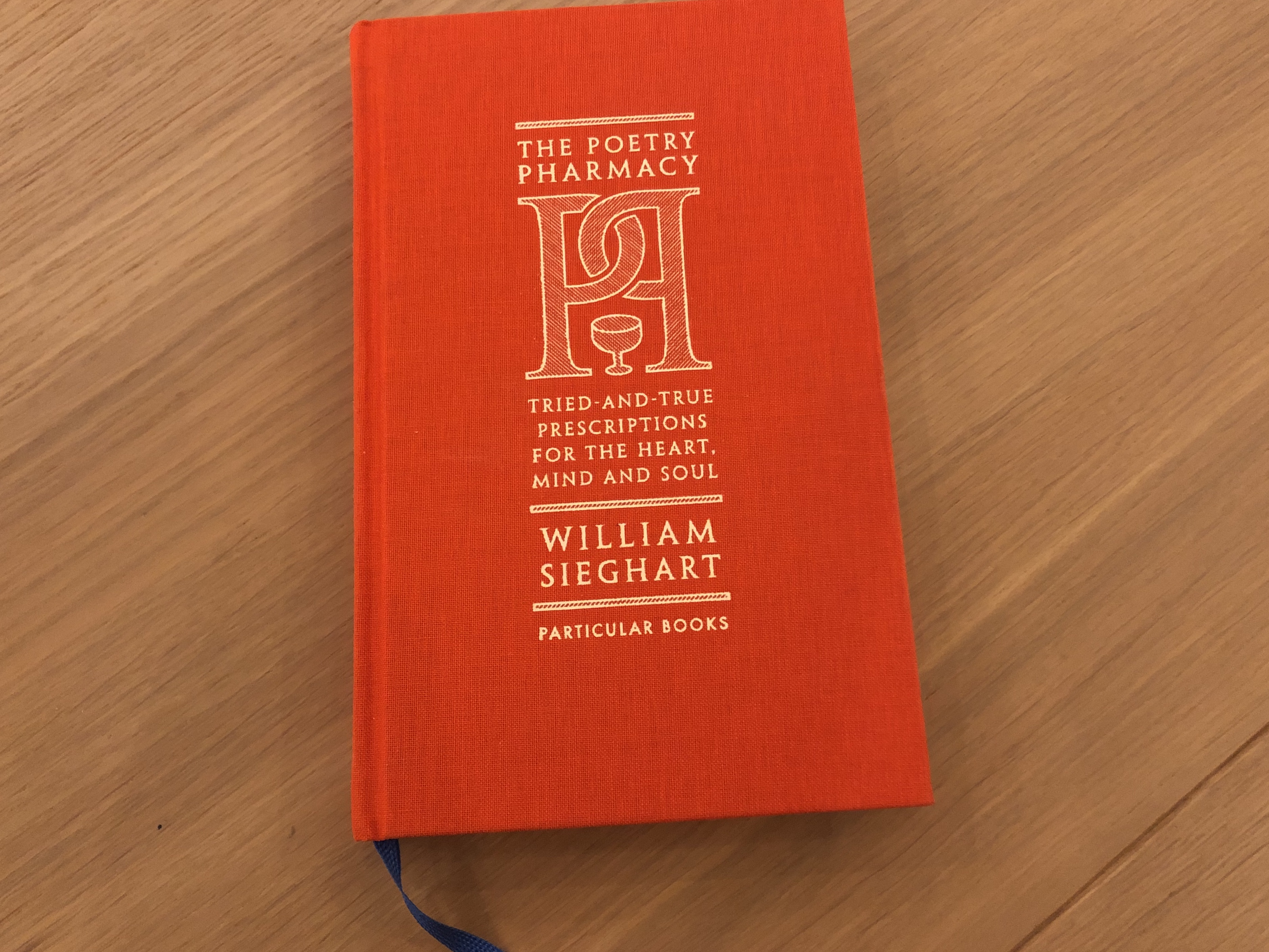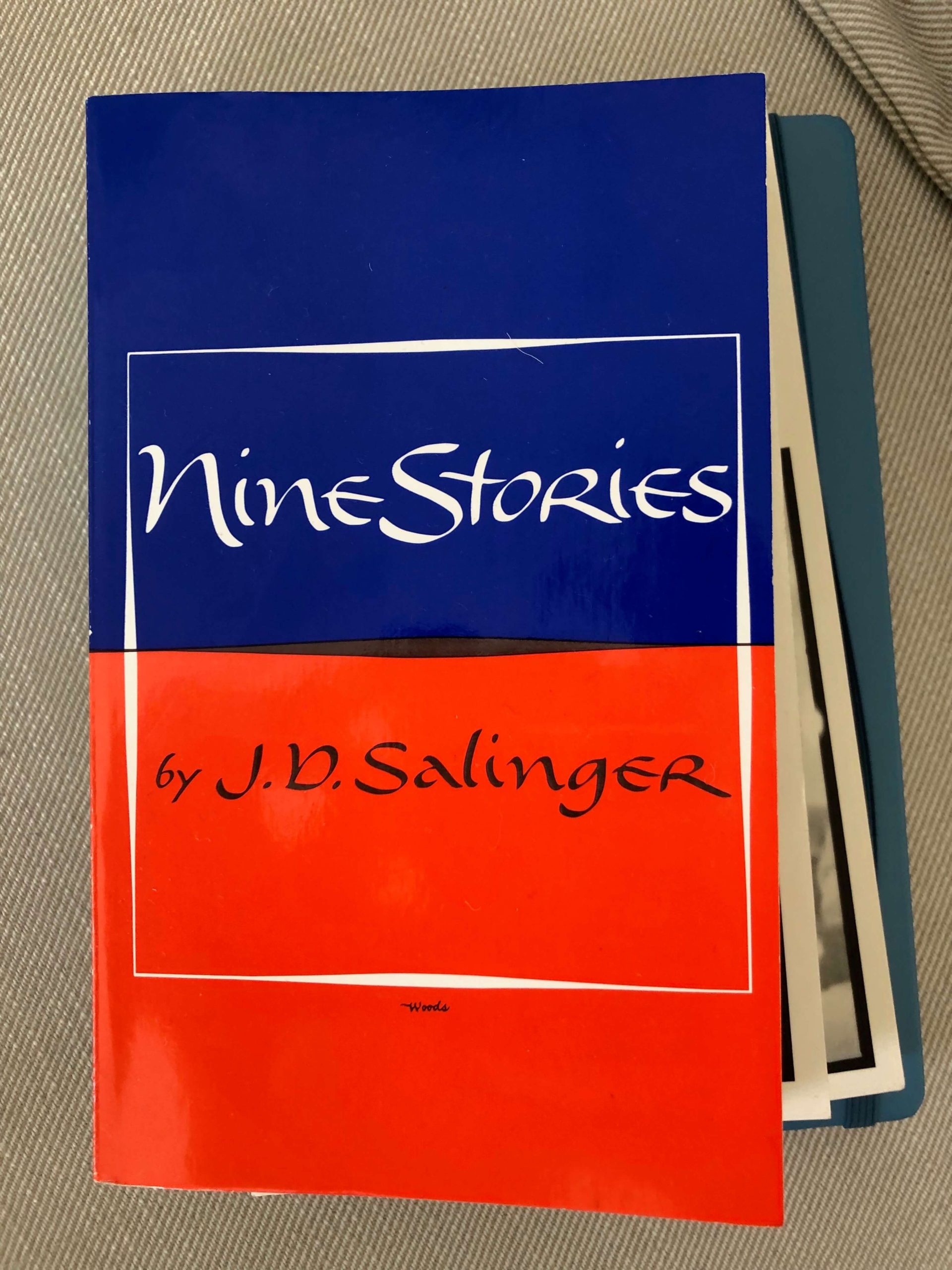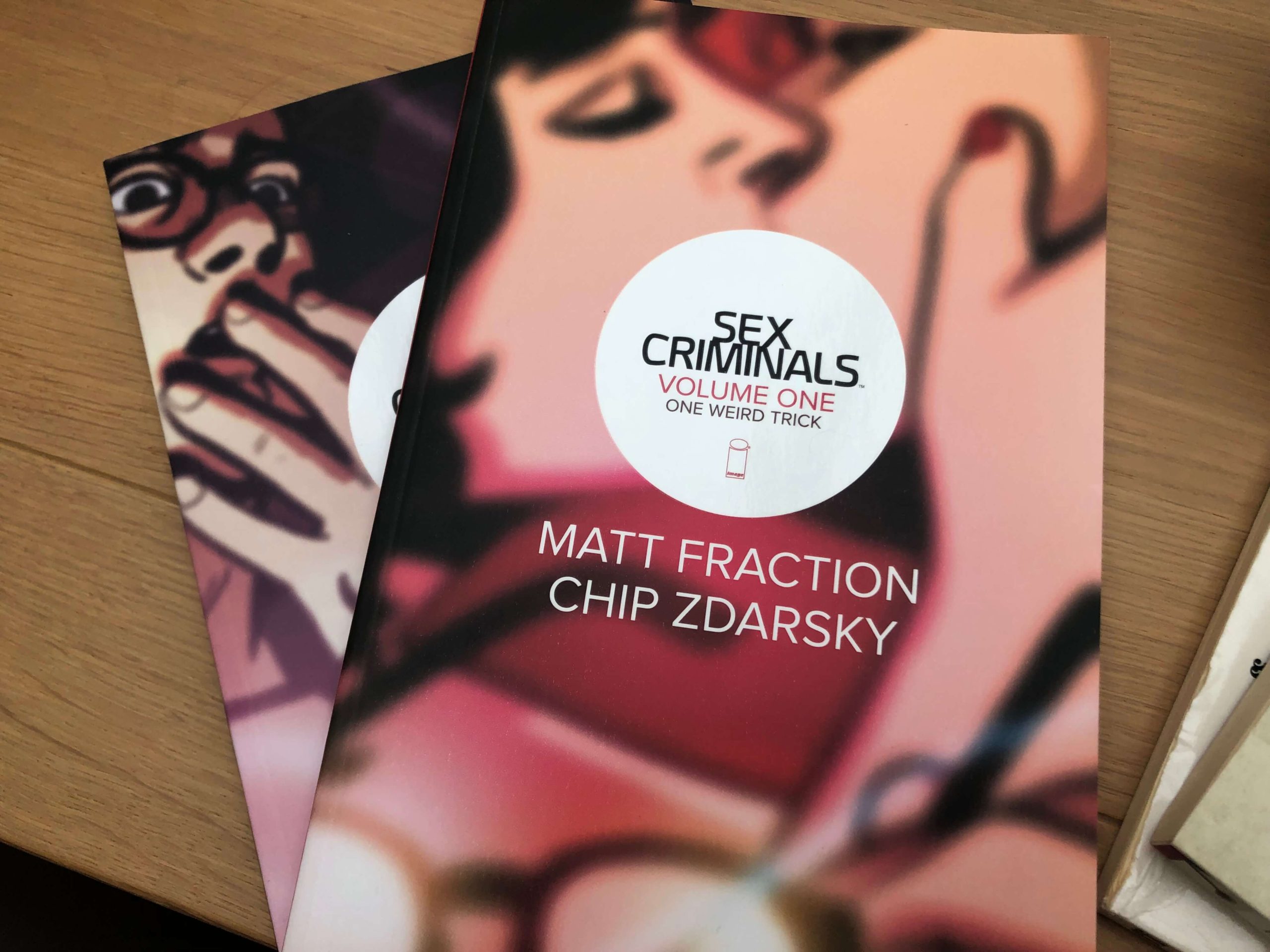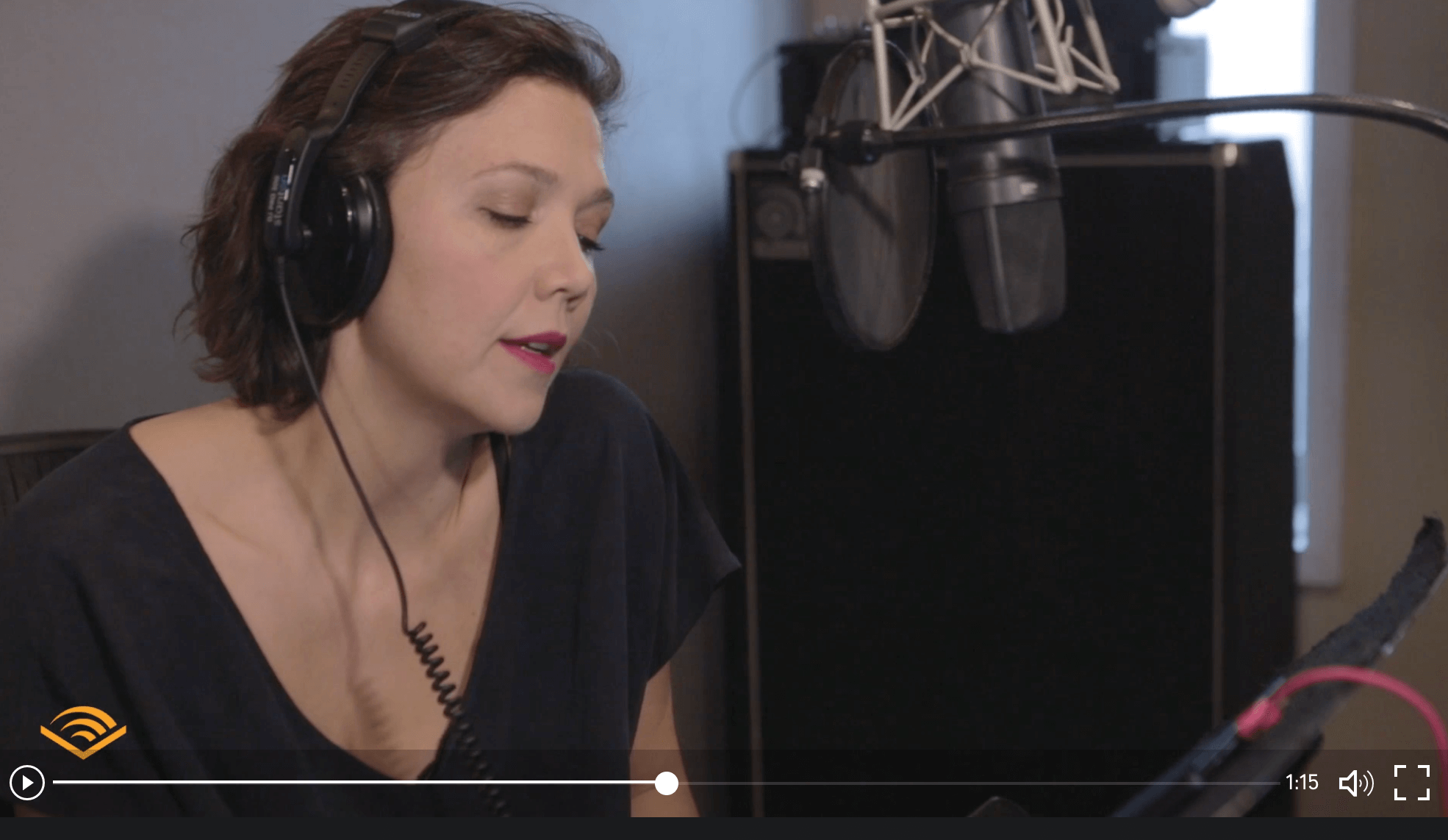2019 has been the best reading year of my life.
I’m including the three years spent studying literature at Oxford.
This year isn’t even over and yet if it ended today I would be thoroughly happy with the books I read.
Although I continued to read widely, I approached my reading with a lust for depth over breadth this year.
Freedom is knowing half a dozen books well.
Depravity and delusion is feigning to know two dozen a year intimately.
This was the year that the great books made the most sense to me and I realised that, despite how impressive it looks to see a teenager reading the likes of Plato and Nietzsche, you can’t possibly comprehend these works until you’ve got some serious life experience.
I cannot wait to see what these books offer in another ten or twenty years.
Best non-fiction – How to Read a Book by Mortimer Adler
I never thought I’d need a book that teaches you how to read books, but Adler’s classic has completely changed the way I read and, therefore, changed my life for the better.
Easily one of the most engrossing, fascinating, and rewarding non-fiction books I’ve ever read. This one energised me to start reading and thinking again. Before you read the next great novel, I implore you to read How to Read a Book first.
You can check out How to Read a Book here.
Best book of philosophy – The Nicomachean Ethics by Aristotle
I could have easily cited Plato’s Republic as the best philosophical work I read this year. I could have also cited Human, All Too Human or Thus Spoke Zarathustra by Nietzsche. I could have also cited Aurelius’ Meditations. These philosophers sparked some paradigm shifts in me and raised some serious questions that I will wrestle with for the rest of my life.
But the book of philosophy that most affected me this year was Aristotle’s Nicomachean Ethics. I wrote thirteen articles and recorded multiple podcasts on Aristotle’s ethics, attempting to make his ideas practical, and I still have barely scratched the surface of this great work.
I can think of no better guidebook to living a good life than this. Be prepared to go slow with Aristotle though. Reading Aristotle is hard work but deeply rewarding.
You can check out Aristotle’s Ethics here.
Best non-fiction history book – The Colour of Time by Dan Jones and Marina Amaral
I learnt more about history in one evening spent with The Colour of Time than years of history class at school.
Marina Amaral and Dan Jones muse in the introduction to this beautiful book that the history of the world, having been represented in black and white for a century since the popularisation of the Daguerreotype, has always been seen, in the words of St. Paul, ‘through a glass, darkly’. And their book is ‘an attempt to restore brilliance to a desaturated world.’ I can confirm, having spent many nights captivated, both alone and in the company of friends and family, that their attempt has been a stunning success.
The Colour of Time is a masterclass of curation, colour, and historical commentary. To see some of my favourite photographs from this great book, check out my review here.
You can grab The Colour of Time here.
Best book of letters – Letters to a Young Poet by Rainer Maria Rilke
Never have I felt this strongly as though a series of letters intended for another person were actually written to me.
When a young poet wrote to the famous poet Rilke asking for him to critique his poems, he never expected to get a series of letters from the master basically teaching the young man how to live. These letters are a guidebook to life. Rilke answers all the big questions. How to love? How to create great art? How to endure solitude? How to achieve difficult tasks? How to deal with depression, isolation, and feeling disconnected from others?
Whatever position you’re currently at in your life right now, you’re going to find a bunch of applicable lessons that pierce you to your core. Unfortunately it’s only a short book. I read it, annotated it, and reread it in an evening. Although it’s short and you’ll be left craving more, the lessons will stay with you and give you a lot to think about.
This is one of the best books I’ve read this year so far. You can check out Letters to a Young Poet here and my full review here.
Best Fiction – The Corrections by Jonathan Franzen
I put off reading Franzen for so long because of the controversy surrounding him, not to mention the bad reviews calling him pretentious. Just goes to show you shouldn’t follow the crowd, because The Corrections is one of the best novels I’ve ever read.
It’s one of only two novels I’ve read that has made me laugh out loud several times (the other was Submarine by Joe Dunthorne, who I had the good fortune to interview back in the day).
This novel speaks to me deeply when it comes to family dynamics. I’m sure you’ll see your own family dynamics in this book. And, despite the characters being utterly detestable horrendous people, I can’t help but see a mirror in these characters. Wonderful writing and now I’m committed to reading everything that Jonathan Franzen has put out.
Thank you, Bret Easton Ellis for the recommendation! It was Ellis who said he was jealous of Franzen’s work (in his great book of essays White) and wish he had written this great novel. I can see why. It’s impossible to sit down and write after reading prose this wonderful.
You can check out The Corrections here.
Best book of poetry – The Poetry Pharmacy
Very hard to narrow this one down, as I’ve read a lot of great volumes of poetry this year. But a recommendation I would feel safe in giving to people who don’t read or know about poetry and the most veteran connoisseur of the art would be The Poetry Pharmacy.
I love the concept behind this volume of poetry. It’s one I came up with many years ago. Speaking to a number of other bookworms, apparently I’m not the only one. So no wonder it hit the bestseller lists. People love the idea of a poetry pharmacy – being prescribed a poem depending on your ailment.
Suffering from anxiety, depression, or psychological scarring? This book offers up poems by Siegfried Sassoon, Wendall Berry, and Izumi Shikibu. Feeling a lack of courage? Christopher Logue to the rescue. Dealing with insecurity, self-recrimination, or emotional repression? Your remedy is a beautiful trio of poems from Maya Angelou, Mary Oliver, and Rumi.
The power of this anthology is that it can easily turn someone who doesn’t know anything about the art into a lover of poetry. Or if you already read poetry frequently, it’s a wonderful anthology to dip into and can lead to new avenues to explore. It’s also the perfect gift because as a physical object it’s gorgeous with some of the best paper I’ve seen ink printed on.
Check out The Poetry Pharmacy here.
Best book of short stories – Nine Stories by J.D. Salinger
Another tough choice due to the staggering amount of short story anthologies I’ve read this year. I could have gone for the volume that Kurt Vonnegut set his students to read and review for homework. I could have gone for The Art of the Short Story, which Neil Gaiman recommended in his wonderful MasterClass. I could have gone by a selection from Joyce Carol Oates or Alice Munro.
But I’m going thrust this slim little volume into your hands and set you the enjoyable task of reading one story a day for the next nine days. They’re short, but each packs a powerful punch that will leave you reeling.
Check out Nine Stories here.
Best graphic novel – Sex Criminals by Matt Fraction and Chip Zdarsky
I read some tremendous comics this year. I could have put Jeff Lemire’s Black Hammer or Gideon Falls in top spot. I could have chosen Brian K. Vaughan’s Paper Girls or Saga.
But I’ll have to go for the comic book that I would recommend a complete newcomer to the medium to go for, the one that would make you fall in love with comics, the one that made me laugh out loud hysterically: Sex Criminals by Matt Fraction and Chip Zdarsky.
Check it out here.
Best audiobook – Anna Karenina by Leo Tolstoy (read by Maggie Gyllenhaal)
I’m a relatively new convert to audiobooks thanks to Audible. I’ve listened to a lot of great one’s this year. The Count of Monte Cristo read by John Lee and The Eye of the World read by Kate Reading and Michael Kramer come to mind. But my favourite has to be the 35-hour long Anna Karenina marvellously narrated by Maggie Gyllenhaal.
The Russian classics have an unfair reputation for being dense, so people put off Dostoyevsky and Tolstoy out of fear of not understanding them. But these books are actually incredibly easy to read, have fantastic stories, and unforgettable characters. And when you have a narrator as skilled as Gyllenhaal, it makes books like this all the more enjoyable, addictive, and bingeable.
Check it out here and get 2 free Audible credits plus 2 free Audible Originals.
Best novella – Strange Case of Dr Jekyll and Mr Hyde by Robert Louis Stevenson
I can’t believe I overlooked this classic for so many years. It’s funny but these old gothic classics really speak to me. Frankenstein moved me to tears a couple years back, as did Dracula. And now Stevenson’s Dr Jekyll and Mr Hyde tops the list as one of the most compelling books I’ve ever read.
It really spoke to me about the nature of evil, addiction, and humanity. In fact, it inspired me so much I ended up making a short video analysis of the book, which you can check out here.
You can read Dr Jekyll and Mr Hyde here.
